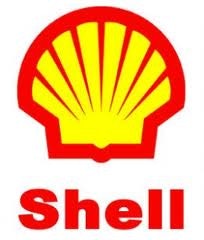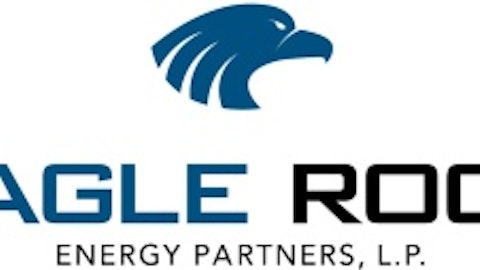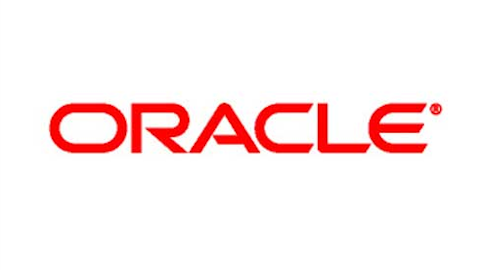
Under the reigns of CEO Peter Voser, who is set to depart next year, Royal Dutch Shell plc (ADR) (NYSE:RDS.A) has expanded its natural gas business considerably, especially in liquefied natural gas, or LNG. As a matter of fact, Royal Dutch Shell plc (ADR) (NYSE:RDS.A)’s LNG and related businesses now represent nearly half of its exploration and production earnings.
Royal Dutch Shell plc (ADR) (NYSE:RDS.A) and natural gas
The Anglo-Dutch giant has already plowed some $40 billion into LNG production facilities, storage terminals, and related services and is currently one of the largest producers of LNG in the world, having sold 20.2 million tonnes of LNG last year, up 7% from the year earlier. In fact, Royal Dutch Shell plc (ADR) (NYSE:RDS.A) commands a roughly 7% share of the global LNG business, with plans to double that percentage over the next several years through additional investment.
Royal Dutch Shell plc (ADR) (NYSE:RDS.A)’s investments in its natural gas portfolio are largely shaped by the company’s bullish view on gas over the next decade or so. By 2025, Shell expects global demand for LNG to double to roughly 500 million tons a year, as an energy-hungry world turns toward the cleaner-burning and plentiful fuel for more of its transport and industrial needs.
However, there are some obvious risks related to Shell’s emphasis on natural gas. First, if natural gas prices remain depressed over the next couple of years – an entirely plausible scenario – the profitability of Shell’s gas business will likely remain subdued. And second, the company’s emphasis on gas also reduces the potential upside from a period of strong oil prices.
Shell’s peers and natural gas
Consider the recent experience of Chevron Corporation (NYSE:CVX), one of Shell’s main North American competitors. Of the integrated majors, Chevron Corporation (NYSE:CVX) has clearly been the best-performing stock in recent years due largely to its high degree of leverage to oil prices and its strong balance sheet. Over the past five years, Chevron Corporation (NYSE:CVX)’s stock is up nearly 50%, while shares of Shell have actually fallen by a little over 5%.
Besides Chevron Corporation (NYSE:CVX), Shell’s main European rival, BP plc (ADR) (NYSE:BP), is also much more heavily invested in oil. Over the next decade, the British oil major plans to direct up to 80% of its capital expenditure budget toward oil and gas exploration and production projects, with an emphasis on oil over gas.
By 2020, BP plc (ADR) (NYSE:BP) expects its four main areas of upstream investment – Angola, Azerbaijan, the North Sea, and the U.S. Gulf of Mexico – to generate roughly half of its operating income.
The bottom line
While Shell’s focus on natural gas does leave it vulnerable to a prolonged period of depressed gas prices and diminishes the potential upside from a period of strong oil prices, I think the company’s massive investments in LNG could pay off big time over the long run.
Although LNG projects may not offer potential returns as great as some oil ventures, they are also, as one would expect, less risky. While their upfront capital costs are enormously high, LNG plants tend to require relatively little additional capex once they are up and running.
LNG projects are also characterized by more stable revenue streams since much of their output is sold through longer-term contracts. As such, Shell’s LNG plants should continue to generate dependable operating cash flow for decades into the future – cash flow which can, in turn, be used to fund riskier ventures with greater potential profitability.
The article Is Shell Banking Too Much on Natural Gas? originally appeared on Fool.com and is written by Arjun Sreekumar.
Fool contributor Arjun Sreekumar has no position in any stocks mentioned. The Motley Fool recommends Chevron.
Copyright © 1995 – 2013 The Motley Fool, LLC. All rights reserved. The Motley Fool has a disclosure policy.





